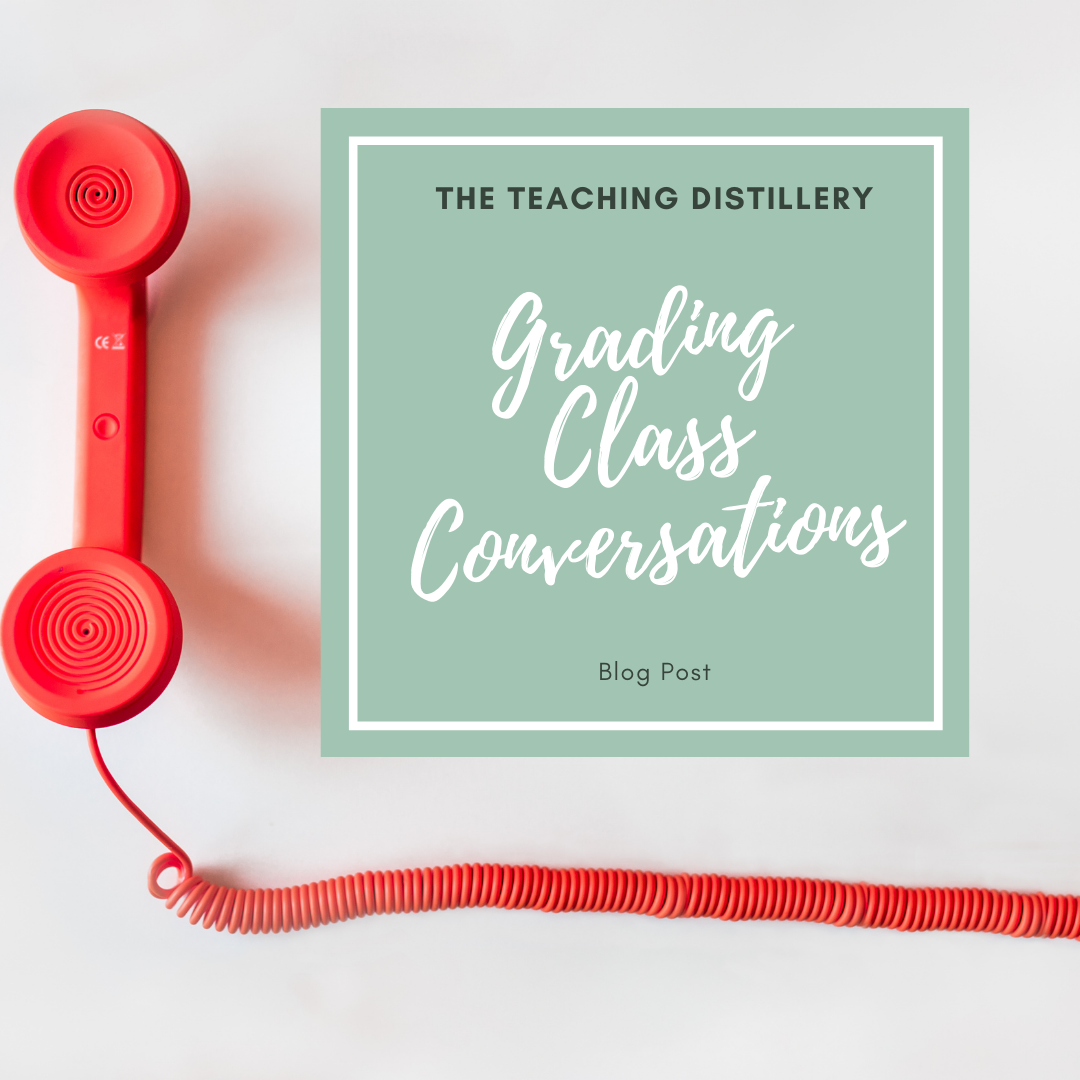The Common Core State Standards may hold the argument essay in high regard. However, it is the expository essay that many students will be required to write for most of their young adult and adult lives. The ability to inform and explain through writing is just not a skill one needs to make it through school. Most jobs have one thing in common: to be a competent employee, one needs the ability to inform and to explain through writing.
Read MoreTeacher friends, have you all heard about Parlay yet? We wrote about it in our blog post on How to Grade Class Discussions. If you are teaching in a remote or hybrid setting, this is definitely a website that you need to be checking out! Parlay is a discussion-based learning tool and global community of educators who are reimagining class discussions for the 21st Century.
Read MoreTrauma informed education should not just be one more thing added to our ever growing list of demands to our jobs. If it is just a checklist for educators, then trauma informed education can and will make the wounds of trauma even more pronounced and can blatantly ignore other types of trauma.
Read MoreWhile we can’t change the world overnight, there are some things that we can do to help make this time a little bit easier for our students. It is important to create a virtual or real classroom where students feel safe, have predictability, rituals and routines, and that remains a place of consistency. Here are some specific suggestions:
Read MoreGrading class conversations can be a nightmare. I usually just avoid grading it, but I always have trouble getting everyone to participate and honor the community of classrooms. So here are a few ideas that I have come across to help alleviate these discussion grading dilemmas.
Read MoreOne of the biggest challenges we have had to face when teaching remotely is how to assess our students’ independent reading. During a normal school year, we provide twenty minutes at the start of class each day for students to silently read. During that time we walk around and confer with each of our students independently. During our conferences, we discuss our students’ reading lives. We assess their reading habits and discuss reading strategies to help our students grow as readers. We also take that time to recommend new books (admittedly our favorite part).
Read MoreRemote, or distance learning has become our new normal here in Northern California. As we begin to navigate what this may look like for us going forward, we thought we would share some tips and tricks we have learned in the past few weeks to keep our students engaged and connected to the class, even from home.
Read MoreWhether we are teaching remotely or in the classroom, it is important to invite our students to create products like videos, podcasts, infographics, and other interactive media that showcase their writing in engaging ways and that can be shared with others. Empower your students to build visual literacy and engage your students in rich and authentic learning experiences that will help them in the real world. Here are some website ideas that help students to write for multiple purposes and audiences.
Read MoreWhether we are teaching remotely or in the classroom, it is important to invite students to document their writing process and to stay focused while they do so. Here are some websites that will help students to improve their writing:
Read MoreWhether we are teaching remotely or in the classroom, it is important to invite students to use writing-to-learn strategies with visible thinking tools. Here are some ideas that will help students to visually showcase their thinking and keep learning interesting, new, and different especially during remote learning:
Read MoreIn this follow up post, we are going to share some more engaging ways to check in with your students each day, and we will share some awesome resources and strategies to help you build your class community.
Read More









